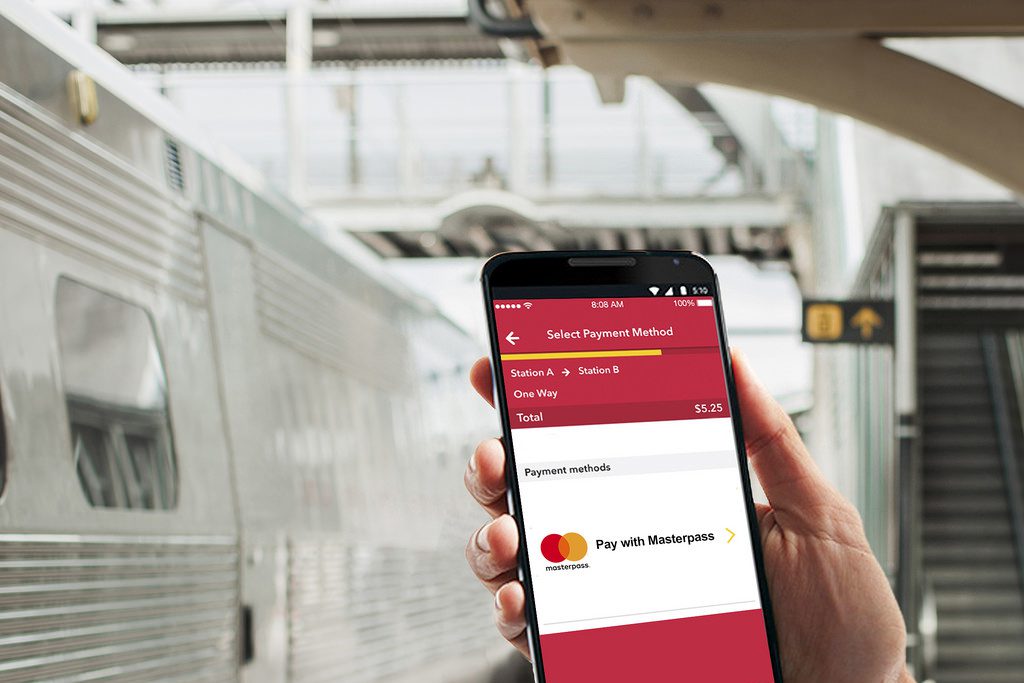Skift Take
Masabi enables cities, such as Denver and Sydney, to sell tickets on public transit via the mobile apps of travel companies like Uber. Meanwhile, Elenium disrupts airport self check-in, Pana pivots into corporate travel, and Sweetguest surfs the growth in management services for vacation rentals.

Travel Startup Funding This Week
Each week we round up travel startups that have recently received or announced funding. Please email Travel Tech Reporter Justin Dawes at [email protected] if you have funding news.
This week travel startups announced more than $49 million in funding.
>>Masabi, which makes ticketing and payments for public transport available through mobile apps like Uber, has raised a $20 million Series C funding round.
Smedvig Capital led the round. MMC Ventures also participated. Masabi has now raised more than $40.8 million in funding since its founding in London in 2001.
Masabi offers public transit authorities software for ticketing and mobile payments. The London company’s main product, Justride, lets consumers tap a contactless bank card, mobile phone, or smartcard to travel on public transit. In 2018, consumers paid for more than 85 million journeys via the system, the company said.
However, what will be of more interest to travel industry players is that Masabi makes it easier for ride-sharing apps, trip-planning apps, and other corporate and leisure online travel company apps to integrate ticketing for public transit services that haven’t yet been able to afford technology integrations the way large cities have.
Several public transit companies use Masasbi to integrate with third parties.
Earlier this year Denver became the first U.S. transit agency to integrate with the Uber app. Uber customers can book rail and bus rides in the app and use the ticket in the Uber app as tickets. Uber will use Masabi to add transit maps and schedule information in participating cities.
>>Elenium Automation, a maker of airport check-in self-service technology, has raised $10.5 million ($15 million Australian) in Series A funding.
Acorn Capital led the round in the Melbourne-based startup founded three years ago.
Elenium has a signature client in Etihad Airways, which white-labels some of the startup’s mobile services for the airport portion of a trip. Etihad intends to install the company’s self-service transfer kiosks at a terminal in Abu Dhabi.
Using biometrics, voice recognition, artificial intelligence delivered via Amazon Web Services, Elenium’s solutions aim to reduce the need for a carrier’s crew to scan boarding passes or enter data manually, said CEO and co-founder Aaron Hornlimann.
Last month, Madrid-based travel tech giant Amadeus revealed that it had acquired one of Elenium’s Australia-based rivals, ICM Airport Technics, for an undisclosed amount.
>>Pana, which began life in 2015 as a trip-planning service for consumers, has pivoted to offering corporate travel services and has raised $10 million in a Series A round to advance this effort.
Bessemer Venture Partners led the round. Techstars, Matchstick Ventures, and MergeLane also participated.
Founder and CEO Devon Tivona initially tried to build a subscription-based trip planner product for leisure travelers as a rival to TripIt, TripCase, and WorldMate — a set of trip-management apps that have mainly focused on business travelers.
Pana now uses a mix of human agents and automation to help business travelers at companies like Logitech, Quora, and Shopify book thousands of journeys a month. Pana helps leisure traveles collaboratively build shared itineraries in a unified trip plan, among other services.
>>Sweetguest, which provides property management services to owners of short- and medium-term rental lodging, has raised a $9 million Series A round.
Funds overseen by Indaco Venture Partners SGR and Invitalia Ventures SGR led the round. Sweetguest had previously raised $2.8 million.
“The still-fragmented market in Italy could potentially allow Sweetguest to grow through acquisitions,” said Antonella Beltrame, co-founder of Indaco.
Since its founding in Italy in 2016, Sweetguest has hosted more than 90,000 guests at more than 1,000 properties through Airbnb. It has generated more than $13 million in revenue to date, said co-founders CEO Rocco Lomazzi and Edoardo Grattirola and the chief financial officer Pierre-Edouard Jumel.
Skift Cheat Sheet:
We define a startup as a company formed to test and build a repeatable and scalable business model. Few companies meet that definition. The rare ones that do often attract venture capital. Their funding rounds come in waves.
Seed capital is money used to start a business, often led by angel investors and friends or family.
Series A financing is typically drawn from venture capitalists. The round aims to help a startup’s founders make sure that their product is something that customers truly want to buy.
Series B financing is mainly about venture capitalist firms helping a company grow faster, or scale up. These fundraising rounds can assist with recruiting skilled workers and developing cost-effective marketing.
Series C financing is ordinarily about helping a company expand, such as through acquisitions. In addition to VCs, hedge funds, investment banks, and private equity firms often participate.
Series D, E and beyond These mainly mature businesses and the funding round may help a company prepare to go public or be acquired. A variety of types of private investors might participate.
Check out our previous startup funding roundups, here.
The Daily Newsletter
Our daily coverage of the global travel industry. Written by editors and analysts from across Skift’s brands.
Have a confidential tip for Skift? Get in touch
Tags: funding, startups, vcroundup
Photo credit: Masabi offers public transit authorities software for mobile payments via providers like Mastercard and lets Uber and other travel companies sell their tickets. Mastercard
